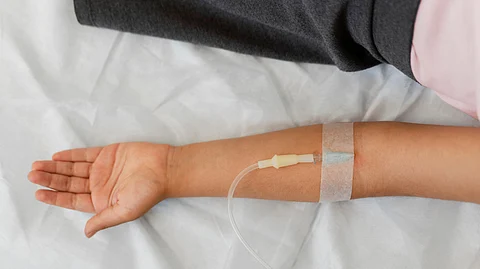He ended his post by saying he’s recovering and feeling better now.
Reactions Followed
While many users wished him well and appreciated his openness, for some—especially on Reddit—the post became a subject of satire.
Supporters thanked him for shedding light on a much-needed issue. Comments like “Sending good vibes, take care,” and “Rightly said, take care and proper rest,” filled the thread. Another added, “Feel better soon.”
But not all reactions were sympathetic. One user reposted the image with the caption: “Take a pic, I’m going to post about this to help other founders.” Another wrote, “No, no, take another picture—I don’t look pathetic enough.” One sarcastically added, “Can’t wait to have a heart attack so I can post it on LinkedIn. So exciting.”
Another said, “What is the B2B lesson here?”.
The post clearly struck a nerve, drawing both appreciation for its honesty and criticism for oversharing.
The Bigger Picture
Whatever the original intent of the post may have been, it has brought attention to a growing concern: heart issues showing up more frequently in younger people. Gone are the days when heart attacks were seen as an old-age problem. Now, cases in people as young as their 20s are becoming more common.


